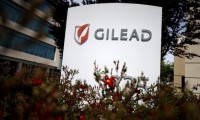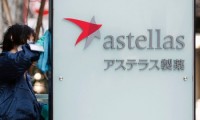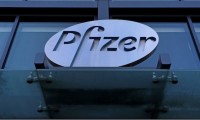-
US agency nixes Seagen patent, handing Daiichi Sankyo a win in long-running Enhertu entanglement
- Source: drugdu
- 146
- January 19, 2024
-
Blood Test to Track Gene Expression in the Brain Could Help Prevent Neurological Diseases
- Source: drugdu
- 110
- January 18, 2024
-
Four-Biomarker Panel Could Enable Early Ovarian Cancer Detection
- Source: drugdu
- 167
- January 18, 2024
-
Allakos Skin Drug Fails 2 Mid-Stage Tests, Sparks Restructuring to Cut 50% of Staff
- Source: drugdu
- 124
- January 18, 2024
-
Gilead calls off Oceanside manufacturing expansion, uproots biologics development team
- Source: drugdu
- 191
- January 18, 2024
-
Genetic Medicines Biotech Dyne Pulls In $345M for Clinical Tests of Muscle Drugs
- Source: drugdu
- 140
- January 17, 2024
-
Pfizer’s eye for China ADC deals; Astellas’ gastric cancer rejection
- Source: drugdu
- 141
- January 17, 2024
-
Manufacturing Issues Block Astellas From a First-in-Class Cancer Drug Approval
- Source: drugdu
- 226
- January 16, 2024
-
Pfizer CEO promises ‘year of execution’ after recent struggles, Seagen buyout
- Source: drugdu
- 94
- January 13, 2024
your submission has already been received.
OK
Subscribe
Please enter a valid Email address!
Submit
The most relevant industry news & insight will be sent to you every two weeks.













